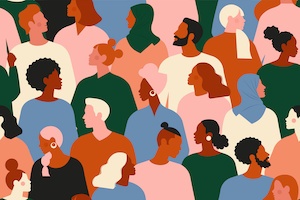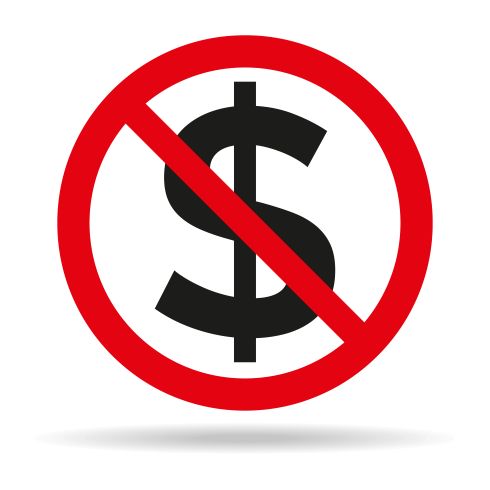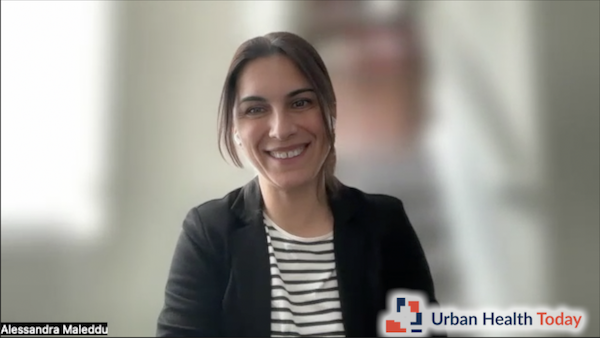
Racial disparities in healthcare clinical trials are well known—in particular, one challenge of clinical trials is recruiting racial minorities to participate. This disparity is largely attributed to the Tuskeegee Experiment, during which black men with syphilis were left untreated to determine the disease’s natural progression. The study led to the death of more than 100 black men as well as a deep-rooted distrust of clinical trials in the black community.
Today, black patients remain underrepresented in cancer clinical trials, and a recent study sought to determine whether black and white men feel differently about participating in cancer clinical trials.
Data were collected from Partnering Around Cancer Clinical Trials, a randomized clinical trial with the goal of including more black men in clinical trials for prostate cancer. The data, which were obtained from two National Cancer Institute–designated comprehensive cancer centers, included black and white men with intermediate- to high-risk prostate cancer. The main exposure was race, and possible mediators were age, education, household income, perceived economic burden, pain/physical limitation, health literacy, general trust in physicians, and group-based medical suspicion. Patients were asked the question, “If you were offered a cancer clinical trial, would you be willing to hear more information about it?”
There were 205 men in the study: 92 black men and 113 white men; the mean (range) age was 65.7 (45.0–89.0) years. About a third (32%) had a high school education or lower, and just over a quarter (27.5%) had a household income under $40,000. The majority of patients (88.3%) said they were definitely or would probably be willing to discuss clinical trials; however, white men were more likely than black men to be the most willing (82% vs. 64%; χ22=8.81; P=0.01). Black men, compared to white men, tended to be younger (F1,182=8.67; P<0.001) and less educated (F1,182=22.79; P<0.001), as well as have lower income (F1,182=79.59; P<0.001), greater perceived economic burden (F1,182=42.46; P<0.001), lower health literacy (F1,184=9.84; P=0.002), and greater group-based medical suspicion (F1,184=21.48; P<0.001). The only mediating factor in the relationship between race and willingness to discuss clinical trials was group-based medical suspicion, with an indirect effect of –0.22 (P=0.002).
The results were published in JAMA Oncology.
“In this study of men with prostate cancer, most participants were willing to discuss trials, but Black men were significantly less willing than White men. Black men were more likely to believe that members of their racial group should be suspicious of the health care system, and this belief was associated with lower willingness to discuss trials. Addressing medical mistrust may improve equity in clinical research,” the researchers recommended in their conclusion.







 © 2025 Mashup Media, LLC, a Formedics Property. All Rights Reserved.
© 2025 Mashup Media, LLC, a Formedics Property. All Rights Reserved.